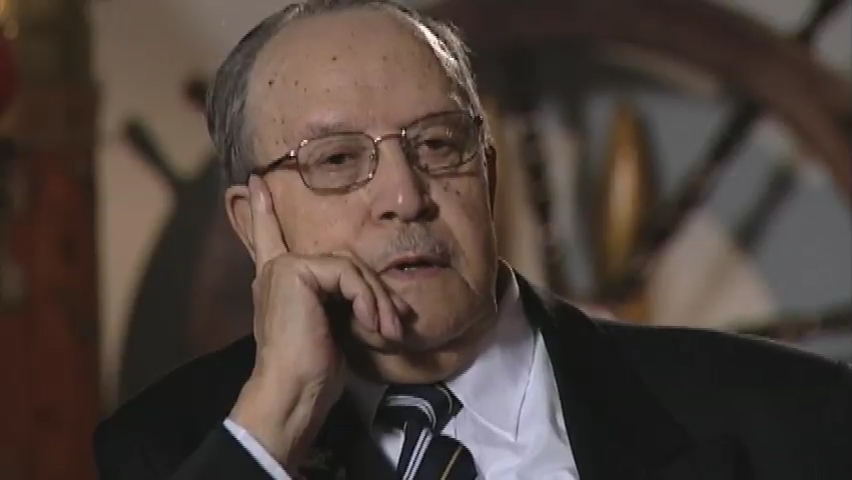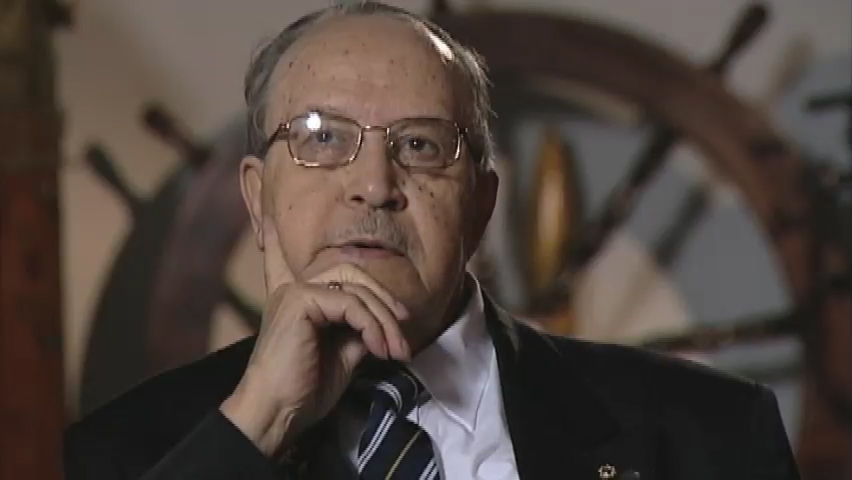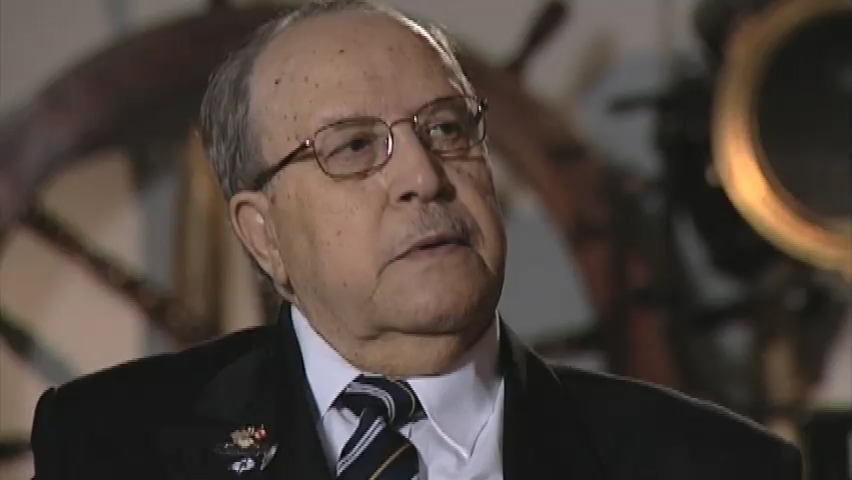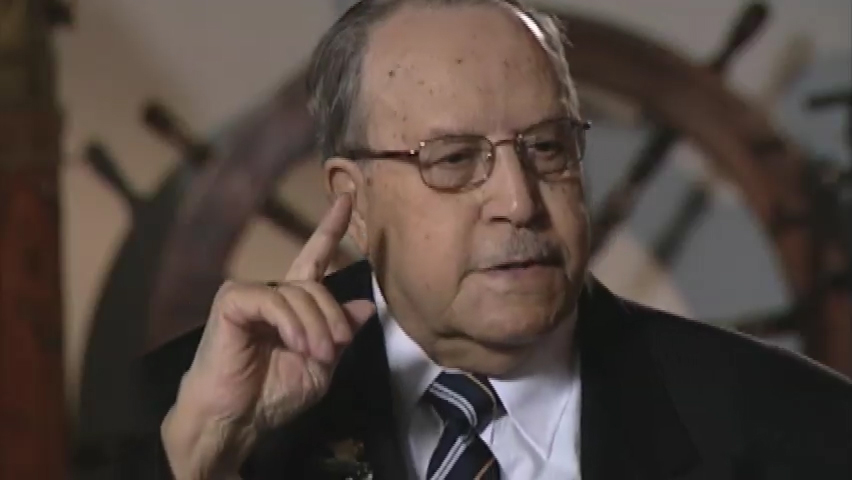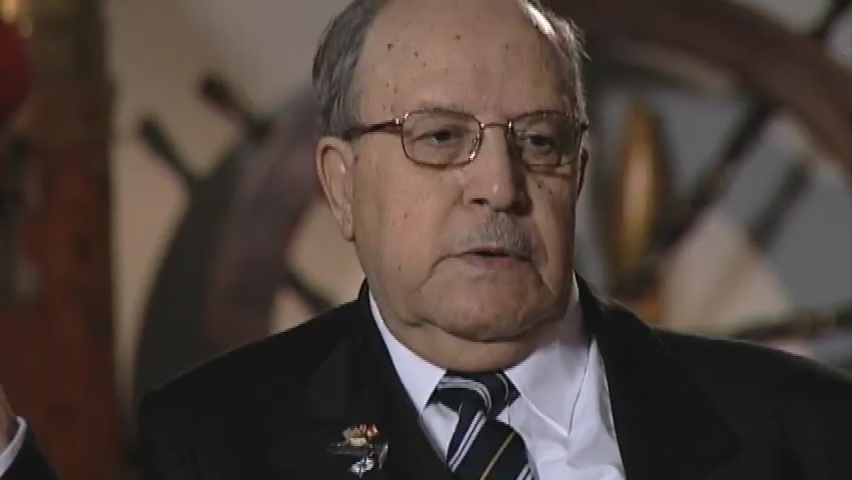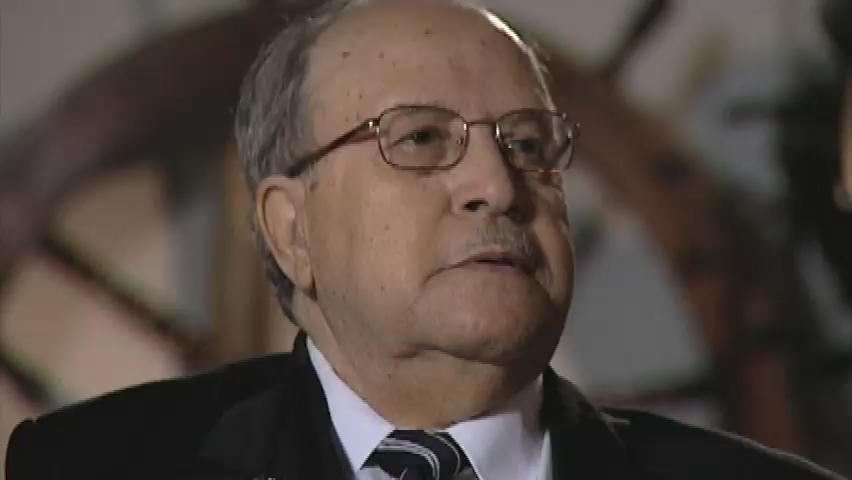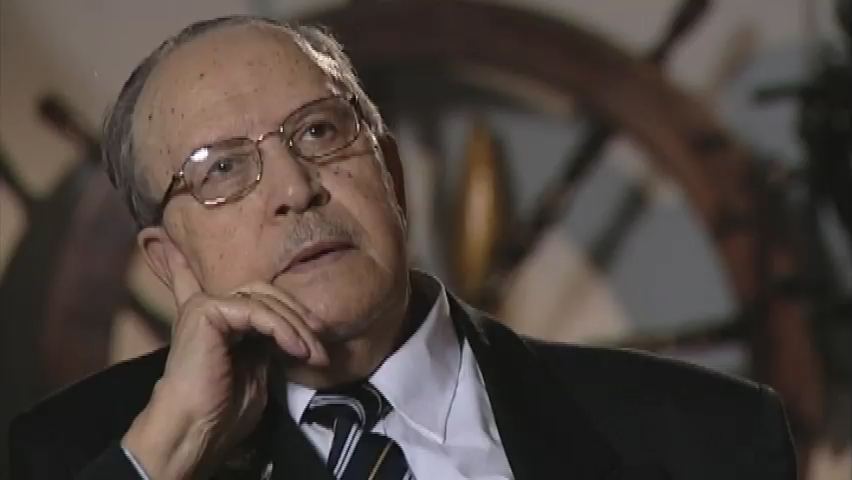He’s not gonna take me, I heard he’s prejudiced.
Heroes Remember
He’s not gonna take me, I heard he’s prejudiced.
Transcript
Description
Mr. Berry describes how he enlisted despite a prejudiced recruiting officer.
Irving Malcolm Berry
Irving Berry was born on March 10, 1924 in Yarmouth, Nova Scotia. He attended South End School, but left school early to find work. At the time that war broke out, he was working as a porter for the bus company, earning $3.50 per day. Mr. Berry was aware that the recruiting officer in Halifax was prejudiced against blacks, but managed to successfully enlist. His training took place in Camp Borden, and then he shipped overseas, joining the 86th Bridging Company, Royal Canadian Army Service Corps. Mr. Berry’s active service in France began twenty-one days after the D-Day invasion. His company’s responsibility was to deliver bridge building components to the Front, and if needed, assist in the actual construction of new bridges. Three major areas of activity were the Seine, Arnheim, and the Rhine. Mr. Berry left the Armed Forces after the war, but reenlisted in the RCASC in1952. He retired with the rank of Sergeant in 1974.
Meta Data
- Medium:
- Video
- Owner:
- Veterans Affairs Canada
- Duration:
- 3:56
- Person Interviewed:
- Irving Malcolm Berry
- War, Conflict or Mission:
- Second World War
- Location/Theatre:
- Europe
- Branch:
- Army
- Units/Ship:
- 86th Brigade Company
- Rank:
- Sergeant
- Occupation:
- Bridging Crew
Related Videos
- Date modified:



